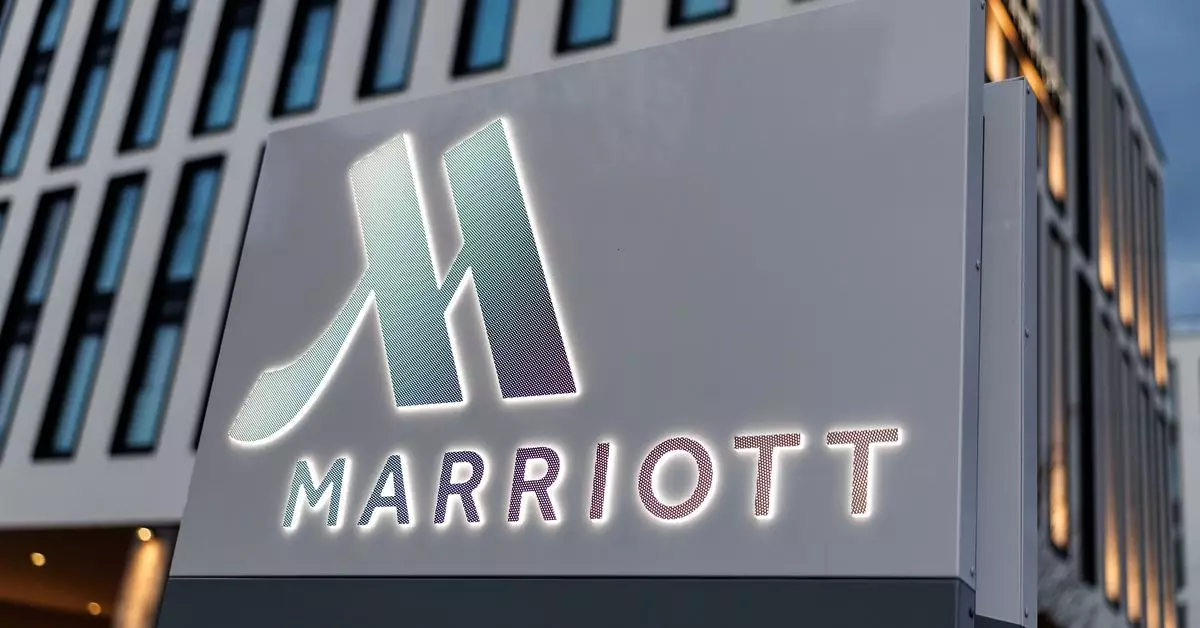In a significant move, the Federal Trade Commission (FTC) took action against Marriott International and its subsidiary Starwood Hotels due to severe security lapses that have compromised the data of hundreds of millions of customers. With breaches spanning from 2015 to 2020, the company faced scrutiny for its inadequate cybersecurity measures, which led to the exposure of sensitive information including payment card details and passport numbers. The sheer scale of these breaches—impacting over 344 million customers—highlights a troubling pattern of negligence in data protection practices within the hospitality industry.
Marriott’s breaches included one particularly alarming incident where attackers maintained access for an astonishing four years, beginning in 2018. Such sustained breaches not only raise questions about the company’s internal controls but also highlight a broader issue within digital security. The aftermath of these events forced the company to confront the reality of its cybersecurity vulnerabilities, fundamentally altering the way it manages customer data. The FTC’s conclusion that Marriott deceived consumers with false claims about its data security practices adds another layer to this troubling narrative.
Following the announcement of the breaches, the FTC announced in October its intent to impose penalties on Marriott, asserting that the company misled its customers regarding the safety of their personal information. This reaction underscores the critical role of regulatory entities in safeguarding consumer data, as they hold corporations accountable for their security commitments. In addition to the FTC’s order, Marriott encountered a separate settlement totaling $52 million with the Connecticut Attorney General’s office, signaling a tug-of-war between consumer rights and corporate responsibilities.
In a bid to mend their tarnished reputation and improve cybersecurity, Marriott has agreed to implement a series of stringent security measures. These protocols include ensuring that unnecessary data is only retained for as long as required and allowing U.S. customers to request the deletion of their personal information linked to loyalty accounts and email addresses. Furthermore, the company is now prohibited from making misleading claims about its data practices and must maintain compliance records available for FTC inspections over the next two decades.
The hospitality industry has become an attractive target for hackers, as evidenced by various high-profile breaches that have occurred in recent years. A ransomware attack last year on MGM Resorts, which left many stranded without service, serves as a chilling reminder of the vulnerabilities faced by companies in this sector. The pattern suggests that unless companies prioritize and invest in robust cybersecurity measures, the risk of breaches will continue to escalate, potentially jeopardizing customer trust and loyalty.
While the actions taken against Marriott and Starwood Hotels mark a significant step toward better data security practices, the underlying issues of negligence and inadequate cybersecurity measures must be addressed industry-wide. The consequences of these data breaches extend beyond financial penalties; they underscore the critical need for rigorous protocols to protect consumer information in an increasingly digital world. Failure to adapt could lead to further erosion of trust, financial loss, and regulatory repercussions, prompting a necessary shift in the corporate approach to cybersecurity.

